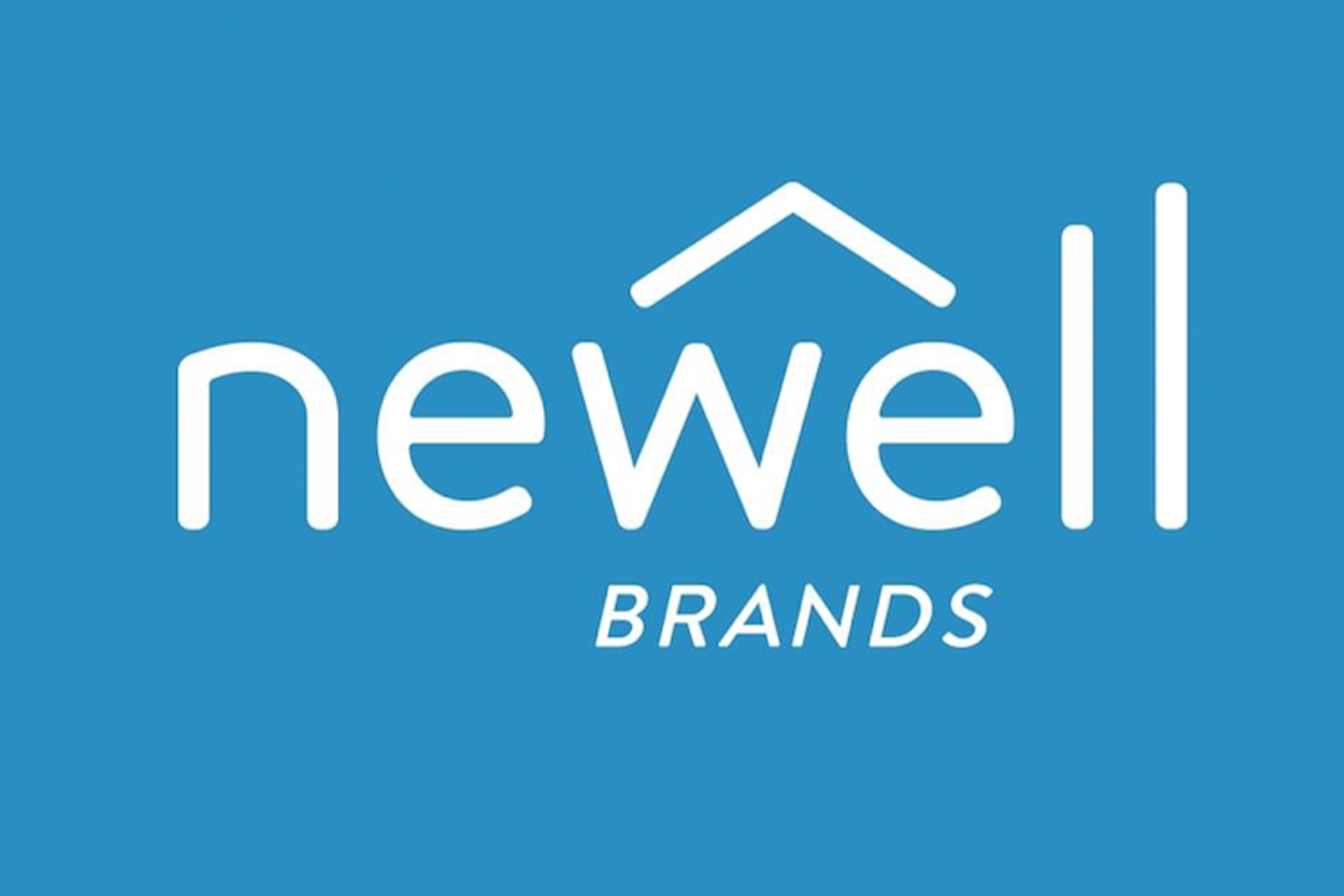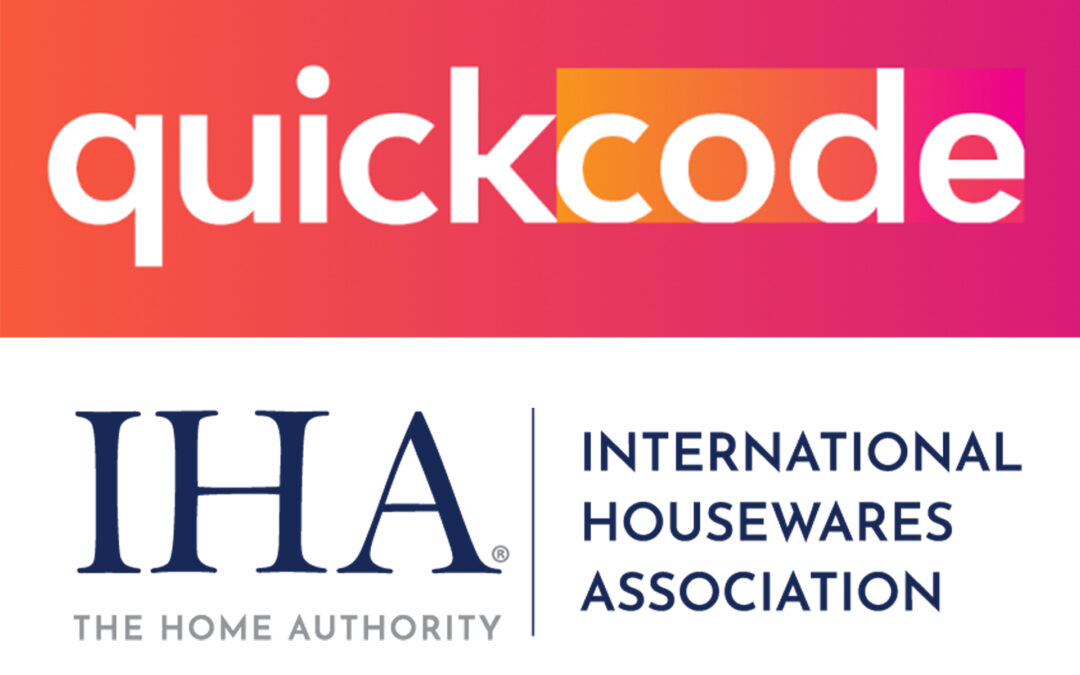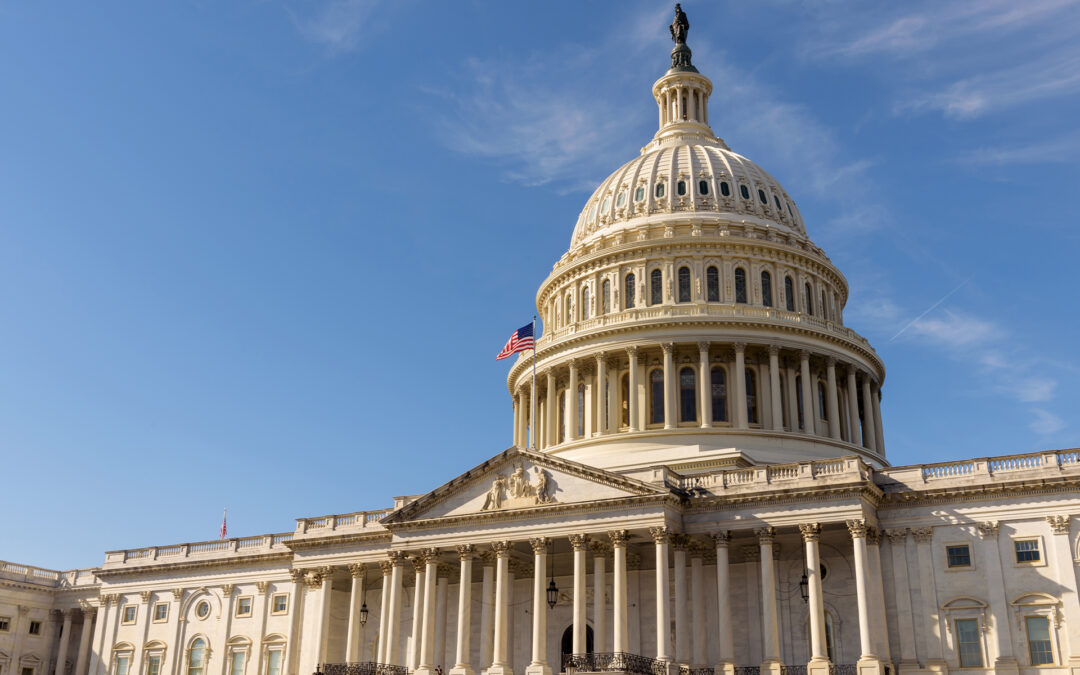Newell Brands announced that the company is making changes to its board and executive leadership as it posted a fourth quarter during which market conditions pressured sales and earnings.
Robert Steele will become chairman of the Newell Brands board effective May 16 at the conclusion of the company’s annual meeting. Patrick Campbell, who has served as the chairman of the board for five years, will transition from chairman while remaining a director nominated for re-election at the meeting, the company reported.
Steele has served on Newell Brands’ board since April 2018. He is the founder and CEO of Steele Consulting LLC and retired vice chairman, global health and well-being, for Procter & Gamble Co.
In executive moves, Chris Peterson, currently president, will also assume the CEO role at the conclusion of the annual meeting. The board will nominate Peterson for election as a director at the annual meeting. Ravi Saligram will retire from the CEO position and as a member of the board at that time, the company maintained.
In related actions, Newell announced that it would nominate Gary Hu for election to the board at the annual meeting, pursuant to the director appointment and nomination agreement made with investor Carl Icahn. Hu has served as a portfolio manager at Icahn Capital LP since October 2020. Newell noted that it has entered into an amendment to the agreement, pursuant to which Campbell was previously elected to the board as an independent Icahn nominee, and Courtney Mather and Brett Icahn were previously elected to the board as Icahn designees. Under the amended agreement, Campbell will no longer be considered an Icahn nominee. Mather will replace him as Icahn’s independent nominee, while Hu and director Brett Icahn also will serve as Icahn designees. With Hu’s appointment, the size of the company’s board will increase from 11 members to 12.
Newell pointed out that Stephanie Stahl became a member of the board effective January 1. The company characterized her as a consumer-driven and ESG-focused leader who brings experience within the consumer sector in marketing, data analytics, digital, sustainability, brand building and strategy.
In the fourth quarter, Newell posted a net loss of $249 million, or 60 cents per diluted share, versus net income of $98 million, or 23 cents per diluted share in the year-before period. Adjusted for one-time events, net income was $65 million, or 16 cents per diluted share, versus $182 million, or 42 cents per diluted share, in the year-earlier quarter.
Net sales were $2.29 billion versus $2.81 billion in the year-previous quarter. Operating loss was $273 million versus operating income of $170 million in the year-prior period, according to the company, and adjusted operating income was $113 million versus $281 million.
For the full fiscal year, Newell stated, net income was $197 million, or 47 cents per diluted share, versus $622 million, or $1.45 per diluted share, in the annum before. Adjusted net income was $654 million, or $1.57 per diluted share, versus $828 million, or $1.93 per diluted share, in the year earlier.
Net sales were $9.46 billion versus $10.59 billion in the year previous. Operating income was $312 million versus $1.01 billion in the year prior. the company indicated, and adjusted operating income was $956 million versus $1.23 billion.
“Fourth quarter results were in line with our expectations and brought to a close a difficult second half,” Saligram said. “The business continued to be impacted by a tough operating environment, including slowing consumer demand for general merchandise categories, as well as inventory reductions at retail. We have been taking decisive actions to effectively navigate the current environment while positioning the organization for long-term success. Several weeks ago we announced Project Phoenix through which we expect to further simplify and strengthen our company by leveraging the scale and power of One Newell to optimize our cost structure and operate more efficiently. We expect the new operating model to unlock additional growth opportunities for the business over time and bring us even closer to our customers and consumers.”
Peterson added, “During 2022, we meaningfully reduced complexity, realized strong productivity savings and drove significant progress in our supply chain transformation journey through Project Ovid. We expect many of the headwinds the company experienced in the second half of 2022 to persist in 2023, as we plan for a recessionary environment. We are focused on improving Newell’s financial performance by strengthening its cash flow and balance sheet, driving gross margin improvement and overhead savings while positioning the organization for future growth through capability investments that enhance operational excellence and create value for our stakeholders.”





